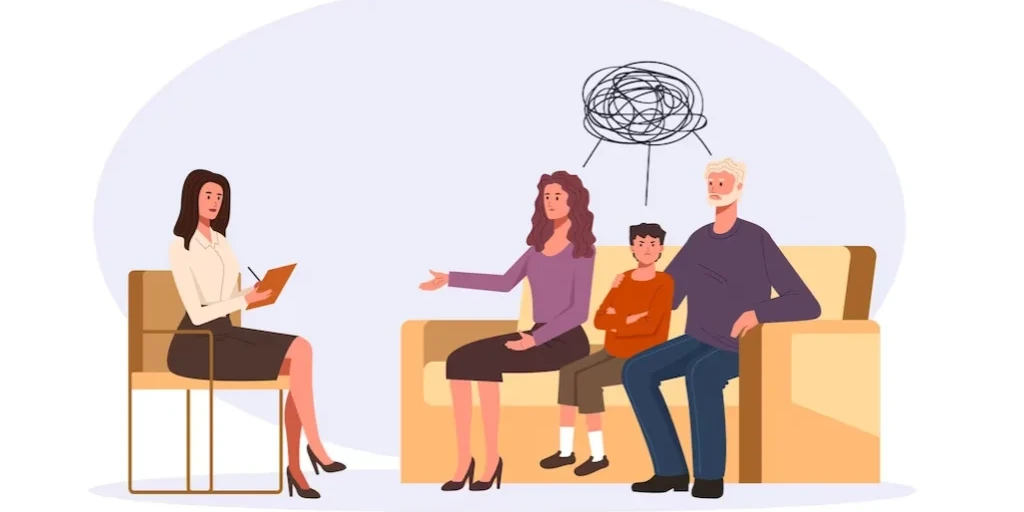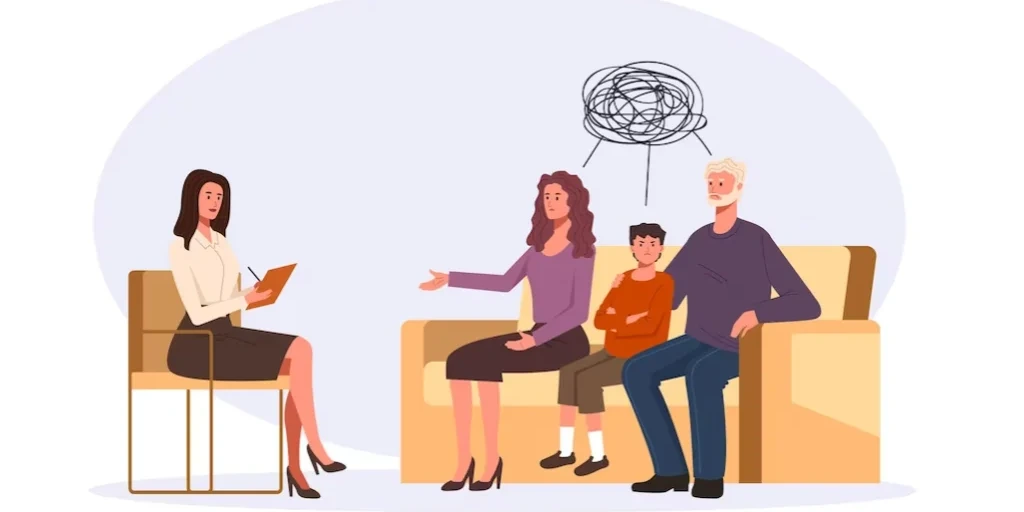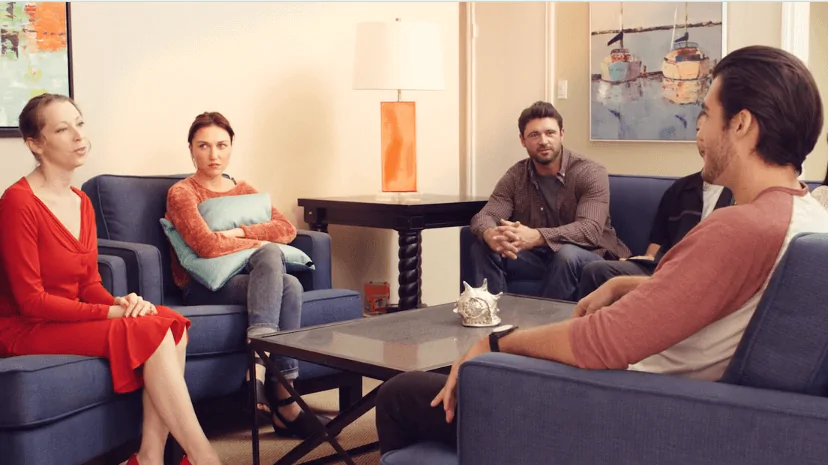24/7 Helpline:
(866) 899-221924/7 Helpline:
(866) 899-2219
Learn more about Couples Rehab centers in Media
Couples Rehab in Other Cities

Other Insurance Options

Regence

State Farm

Optum

Coventry Health Care

Ceridian

BlueCross

Health Net

Sliding scale payment assistance

WellCare Health Plans

Group Health Incorporated

Magellan Health

Private insurance

Molina Healthcare

Humana

PHCS Network
Beacon

Kaiser Permanente

MVP Healthcare

Cigna

Covered California

Focus Psychological Associates
Focus Psychological Associates offers outpatient treatment for individuals with alcohol and/or subst...

Family and Community Services
Family and Community Services is a private rehab located in Media, Pennsylvania. Family and Communit...

Providence Treatment
Providence Treatment offers outpatient and inpatient treatment for individuals with alcohol and/or s...
























County Seat Behavioral Health
County Seat Behavioral Health is a private rehab located in Media, PA. County Seat Behavioral Health...

Rehab After Work
Rehab After Work is a licensed intensive outpatient drug and alcohol treatment program which has bee...

Chimes – Holcomb Behavioral Health Systems
Chimes - Holcomb Behavioral Health Systems provides services for children and adults who may be deal...








